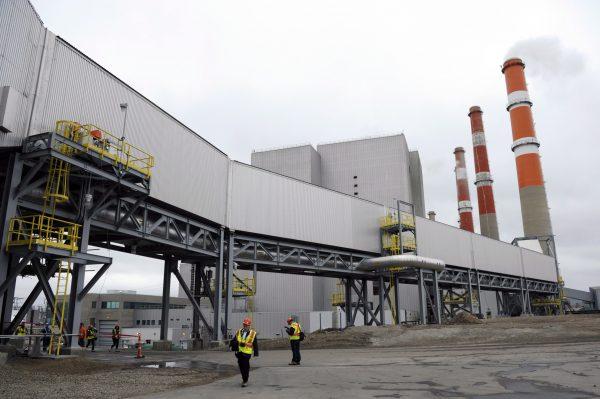Businesses that rate high when it comes to environmental, social, and governance (ESG) policies are polluting just as much as lower-scoring companies, according to new research.
The findings are based on a study conducted by ESG/climate index platform provider Scientific Beta and published by the Financial Times this week.




